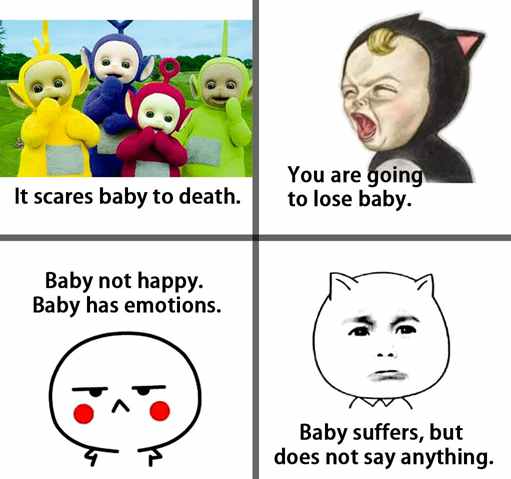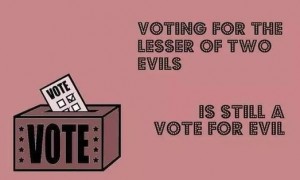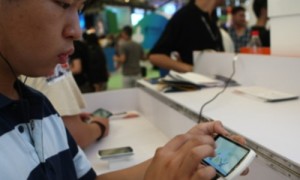导读:庆祝儿童节的不仅仅只是儿童,“宝宝”们也来凑热闹,但是这一现象背后其实是深刻的社会问题。

June 1 marks International Children’s Day, which is not merely an annual celebration for kids, but is also celebrated by a sizeable number of adults. many netizens on social media have expressed willingness to join in Children’s Day celebrations, asking their close friends and family members for gifts! Some companies even give their employees a day off on this special occasion.
6月1日是国际儿童节,但是这一天不仅是儿童们一年一度的节日,许多大人也会在这一天庆祝。社交媒体上许多人都表示想要庆祝儿童节,向他们的家人朋友索要礼物。有些公司甚至在这一天给员工放假。
A word that is repeated constantly on popular stickers on online social platforms in China is “baobao” in Chinese, which literally means “baby” in English. Here “baby” does not refer to a real infant, but rather a commonly-used online meme which burst into the scene in 2015. It’s regarded as a first-person pronoun to jokingly emphasize one as young and cute.
在中国社交媒体表情包里有一个频频出现的词“宝宝”。这里的“宝宝”不是指真正的小婴儿,而是一个从2015年开始出现,使用颇为广泛的网络词汇。这是一个第一人称代词,用来强调自己的年轻可爱。
Netizens have different reasons to use the stickers. Some use them for fun, while some adults claim to use “baobao” to reduce their mental age, providing them a chance to recapture their childhood.
网民们使用这些表情包的理由各不相同。有些人只是为了好玩,而有些成年人表示使用“宝宝”一词是为了减小自己的心理年龄,获得一个重拾童年的机会。
For those who tend to use such stickers to showcase their youth and cuteness, “kidult” is the most appropriate word to describe. The blended noun of “kid” and “adult” first appeared in the 1960s, describing an adult with puerile tastes.
对于那些使用表情包来显示自己年轻可爱的人来说,“老顽童”是形容他们再恰当不过的词了。这个“儿童”和“成人”的复合名词第一次出现是在上世纪60年代,指的是幼稚的成年人。
Currently, there is another explanation regarding “kidults”. These young adults rely on their parents to put a roof over their heads. The kidults’ parents take over their children’s responsibilities such as helping with housework and financially supporting their lives.
就目前来看,对于“老顽童”还有另外一种解释。年轻人依靠自己的父母生存,而他们的父母则承担起了孩子们做家务和财政支持的责任。







